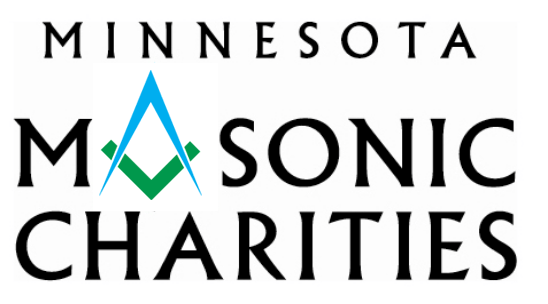Learning to be a good listener is a skill that needs to be developed and improves with practice. If children are to be good speakers, they first need to be good listeners. So, what can we do to help our children learn to be successful listeners?
- Provide cues to actively listen for key pieces of information. As an SLP, I often tell the children I am working with to turn on their listening ears. We even add a silly gesture of pretending to turn on imaginary buttons close to our ears. By telling them to turn on their ears, I am helping them to prepare their brain and body so they will be able attend to the words about to be spoken. This cue to listen is not unlike the, “ready, set, go” prior to a race with the “ready, set” giving our bodies and brains a second or two to prepare for the “go”.
- Make sure you have your child’s listening attention before starting to talk. Are you down at your child’s physical level? Are they looking at you? Visual attention is crucial to listening, especially for early language learners.
- Decrease listening competition. How many things are competing for your child’s listening attention? Is the TV on? Are others talking near him/her? Is there music on? When there are multiple things to listen to, it will be more difficult for your child to tune those other sounds out and to pay attention to what you are saying.
- Praise your child when they demonstrate good listening behavior. It’s important to tell your child when he/she is doing something you want them to be doing. This will make them want to do more of it. For example, “You made Mommy so happy when you listened and brought me your cup” or “I am proud of your good listening. Thank you for hearing my words”.
- Be a good listening role model for your child. Do you actively listen to your child when they are saying something? Children learn by watching those closest to them. Chances are if you demonstrate good listening skills, so will your child. Active listening means stopping what you are doing, looking at your child, and hearing what they have to say. Active listening cannot happen if you are glancing down at your phone, the TV, or staying engaged in any other activity other than the act of listening to your child’s words.
- Play games and engage in activities that provide opportunities to practice listening. There are many wonderful games to build listening but here are just a few to get you started:
-Make story time interactive. Pause and wait for your child to fill in anticipated words and/or phrases. Pause and ask your child what she/he thinks will happen next. Take turns “reading” pages.

-Help draw your child’s attention to sounds in the environment (e.g., knock on the door, a firetruck siren, birds chirping outside, microwave beeping). Be curious about where the sound is coming from and discover together what the source of the sound is.
-Take a listening walk outside. How many different sounds can you notice? Write them all down. Tell someone later about all the different sounds you heard.
-Play Telephone. One person whispers a word or message to someone else and then reveals what was said.

-Hide a toy animal or vehicle in a bag. Cue your child to listen, make the sound, and have your child guess what it is.
-Play musical chairs or freeze dance.
-Play Simon Says. Diligent listening will be needed to discern if the “Simon Says” part was said or not.
-Create a story chain. One person starts a made-up story with each person, in turn, adding one more spoken sentence to the story until it is completed.
Turn on your listening ears and have fun!
Nancy Johnston
Speech/Language Pathologist





